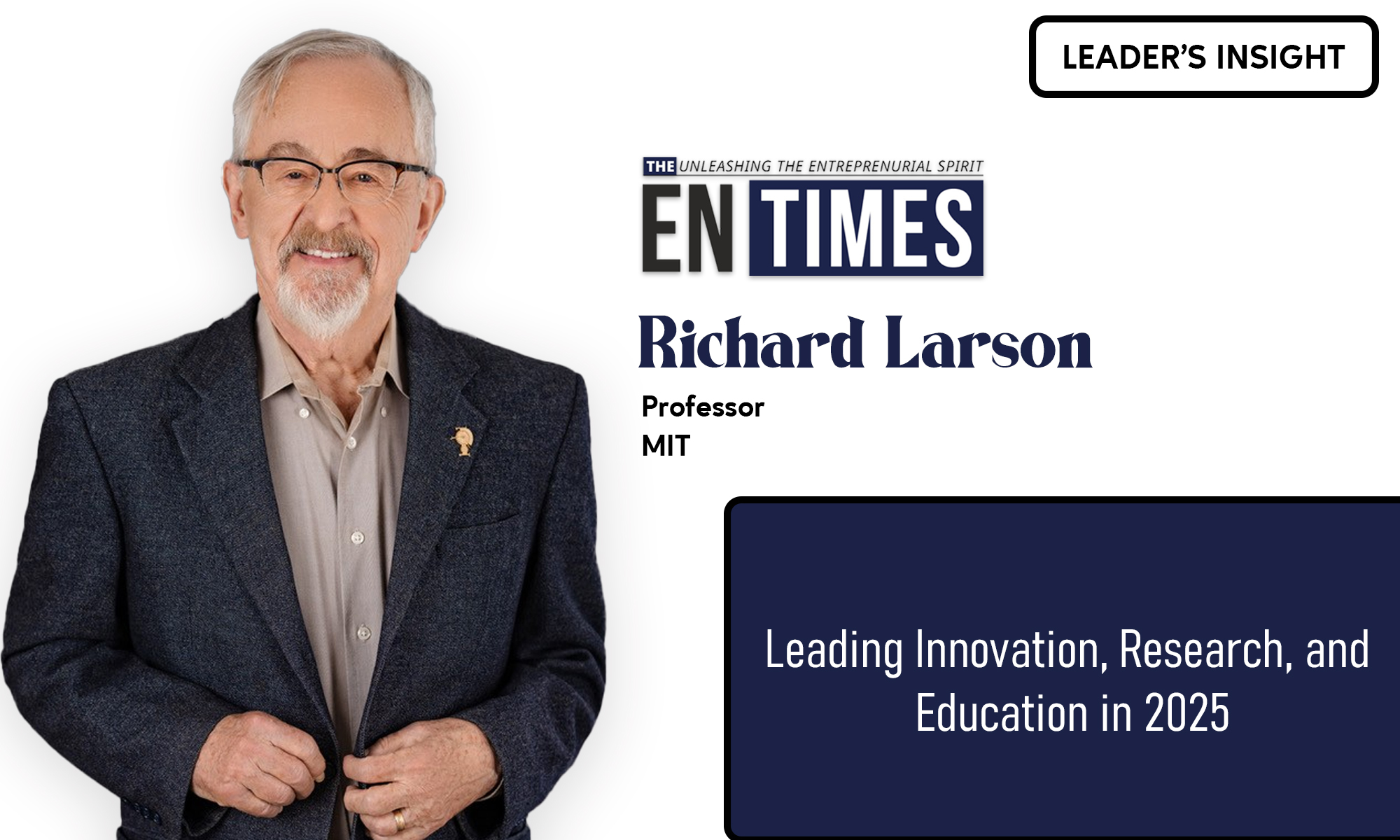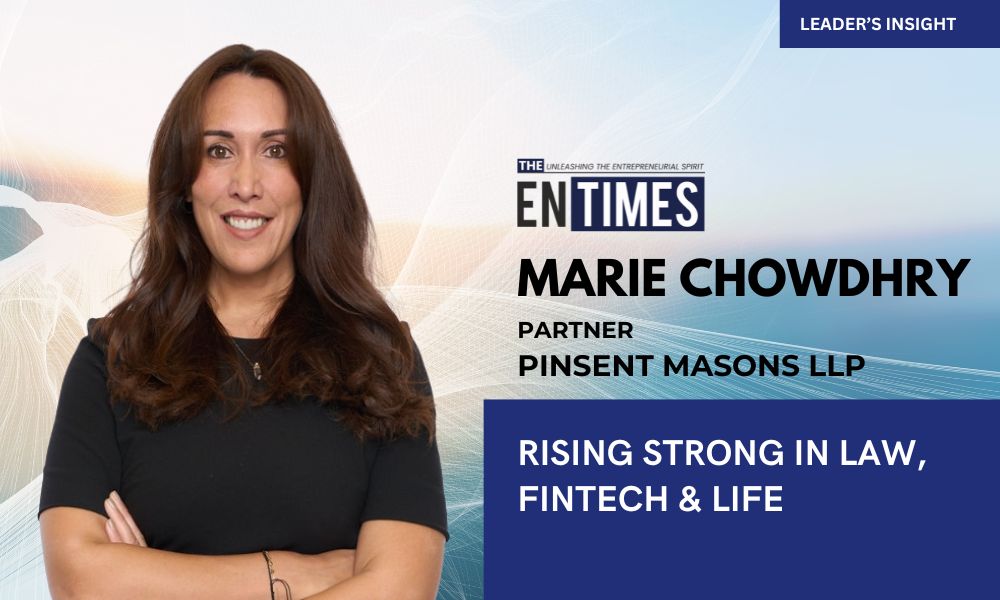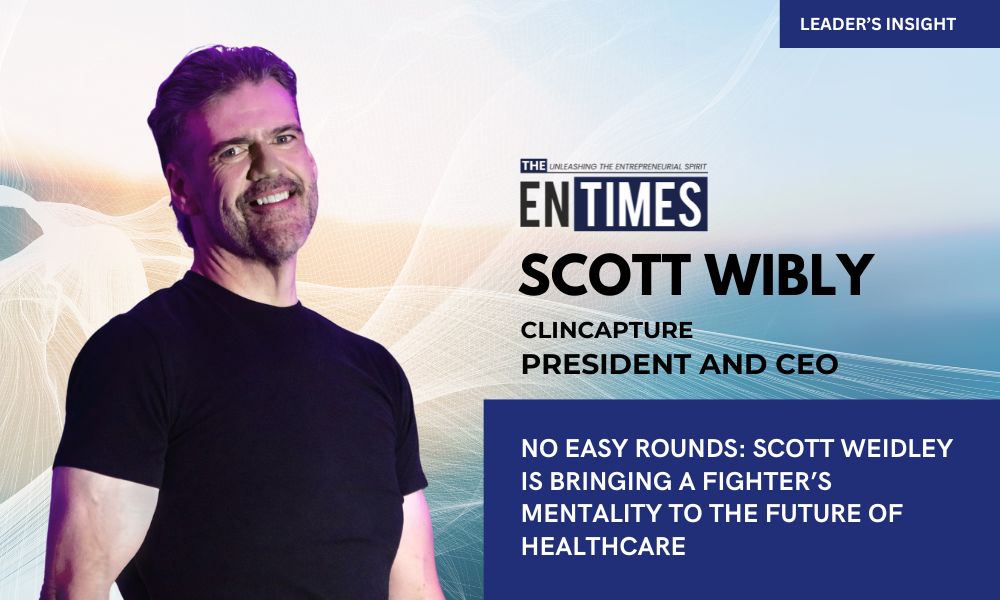Richard C. Larson, the Mitsui Professor at the Massachusetts Institute of Technology (MIT)
In the global landscape of education, operations, and systems thinking, few names command as much respect as Richard C. Larson, the Mitsui Professor at the Massachusetts Institute of Technology (MIT). Known as “Dick” among peers and students, he has spent over five decades applying the science of operations research to real-world systems that affect millions from emergency response to educational reform. Now, as the principal investigator of MIT BLOSSOMS and founding director of MIT LINC, his vision continues to shape the future of global learning.
A Mind Trained to Tame Chaos
Larson’s legacy begins with a foundational idea: complex problems can be solved by defining the challenge, specifying clear objectives, recognizing constraints, and identifying optimal, actionable solutions. This methodology guided him through the historic transformation of New York City’s emergency response system. Before 911 became universal, New Yorkers had to memorize over 20 different numbers depending on service and borough. His contribution helped convert this chaos into a single, unified emergency number 911, a model of systems clarity still in use today.
From Emergency Systems to Education Equity
Though his early work focused on urban systems and logistics, Larson’s contributions to technology-enabled education have been just as impactful. As Director of MIT’s Center for Advanced Educational Services (CAES) from 1995 to 2003, he championed some of the most ambitious digital learning programs of the time, including the Singapore-MIT Alliance—then the world’s most comprehensive point-to-point distance learning initiative.
“I saw firsthand how education could be delivered to the other side of the world,” Larson says. “That validated my belief in the democratization of education, where no child should be denied access to quality learning due to geography.”
This belief led to MIT BLOSSOMS (Blended Learning Open Source Science or Math Studies), a program now used in classrooms across continents. Yet, Larson acknowledges a critical barrier to BLOSSOMS’ success: the challenge of finding skilled in-class facilitators to support digital content. “It’s not just about access,” he notes. “It’s about guided, human-centered engagement.”
Where Intuition Meets Data
Despite his academic rigor, Larson often elevates intuition above data in problem-solving. He points to his early work designing schedules for 911 operators in NYC. “We used data, but it was intuition about fatigue, human error, and operator well-being, that helped us make the most meaningful changes.”
This blend of analytics and human judgment is a recurring theme throughout his career. His development of the Queue Inference Engine and Hypercube Queueing Model introduced new paradigms in logistics and service systems, while his research on pandemic response strategies, such as during the H1N1 and COVID-19 outbreaks, informed real-time policy decisions.
Education as a Service System
To Larson, education is not just a field it’s the world’s most critical service system. As founder of MIT LINC (Learning International Networks Consortium), he created a platform for global dialogue around the future of learning, bringing together voices from over 40 countries through recurring international symposia.
While he celebrates technological advancements, Larson remains a staunch advocate for foundational tools. “AI is both a blessing and a curse,” he says. “We need to get back to basics, with students learning through pencil and paper—methods proven to reinforce cognition and memory.”
His 2016 paper on the value of STEM video lessons and his leadership in initiatives like PIVoT (Physics Interactive Video Tutor) and MIT World highlight his ability to fuse innovation with pedagogy.
A Vision Rooted in Operations Research
Describing Operations Research (OR) as “the world’s most important invisible profession,” Larson envisions a future where OR principles are embedded into high school and university curricula. “From climate change to urban congestion, the problems we face are systems problems. OR gives us the tools to understand and fix them.”
If not retired, he muses, he would tackle issues like rush-hour traffic and crowd dynamics with demand-sensitive pricing models a concept already trialed in Manhattan for easing congestion.
Private vs. Public Resilience
With experience advising corporations like Citibank and American Airlines, as well as institutions like the World Bank and the U.S. Department of Justice, Larson challenges the assumption that municipal systems outperform corporations in resilience. “Private companies face existential threats market loss, bankruptcy. That pressure often drives better preparedness and adaptability,” he argues.
Lifelong Achievement, Global Impact
Larson’s accolades are staggering:
- Member, National Academy of Engineering
- INFORMS President’s Award & Kimball Medal recipient
- Lanchester Prize for Urban Police Patrol Analysis
- Over 175 published scientific articles and six books
- Lead instructor for Crisis Management & Business Resiliency programs
- Lifetime Achievement Daniel Berg Medal (2017, India)
His work has been covered on major media platforms, including ABC’s 20/20, and cited in The New York Times, Science, and federal testimony before the U.S. Congress.
Legacy in Motion
At the heart of Larson’s career is a devotion to systems thinking not as theory, but as a practical tool to make society more responsive, efficient, and equitable. Whether optimizing emergency dispatch, advancing digital classrooms, or mentoring the next generation of OR professionals, Richard C. Larson continues to be a model of thoughtful innovation and global vision.
As he puts it: “The best solutions live at the intersection of rigorous science, human intuition, and the relentless pursuit of clarity in a complex world.”
Next: Richard C. Larson: Lifelong Mission to Transform Ideas into Impact



